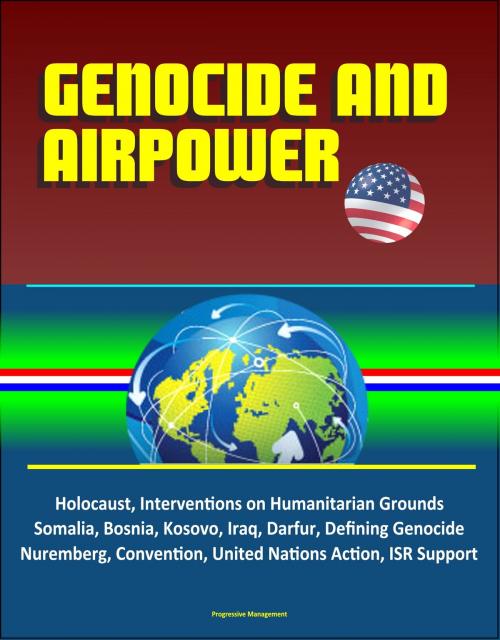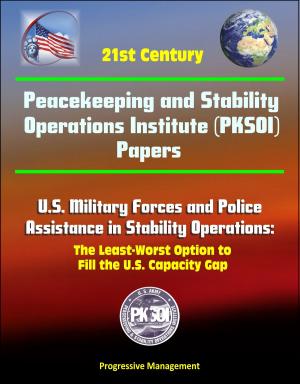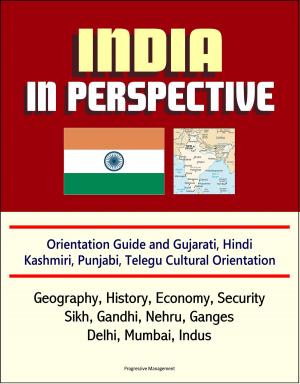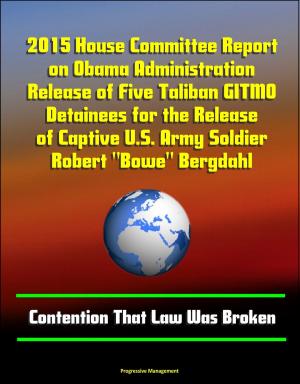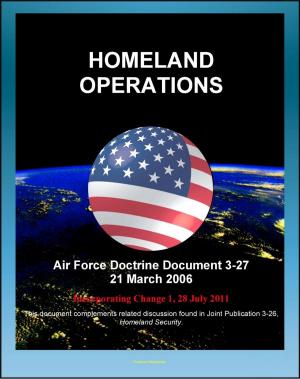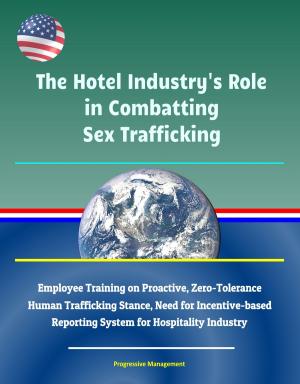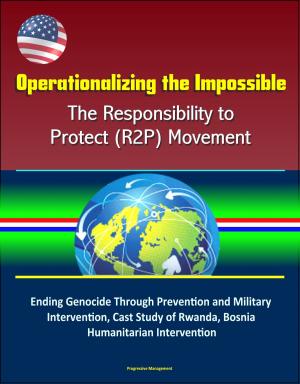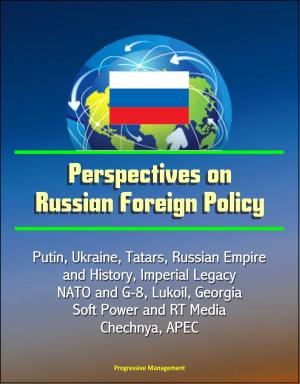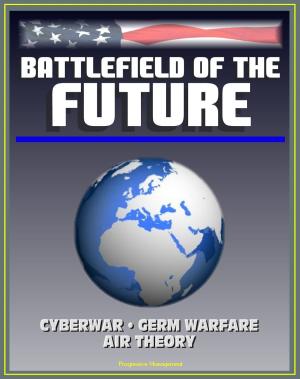Genocide and Airpower: Holocaust, Interventions on Humanitarian Grounds, Somalia, Bosnia, Kosovo, Iraq, Darfur, Defining Genocide, Nuremberg, Convention, United Nations Action, ISR Support
Nonfiction, History, Jewish, Holocaust, Military, World War II| Author: | Progressive Management | ISBN: | 9781310510472 |
| Publisher: | Progressive Management | Publication: | June 4, 2016 |
| Imprint: | Smashwords Edition | Language: | English |
| Author: | Progressive Management |
| ISBN: | 9781310510472 |
| Publisher: | Progressive Management |
| Publication: | June 4, 2016 |
| Imprint: | Smashwords Edition |
| Language: | English |
This excellent report has been professionally converted for accurate flowing-text e-book format reproduction. It is a moral imperative that states take action to prevent and punish genocide. History teaches that sometimes other states will not act unless America does its part. We must refine United States Government efforts—economic, diplomatic, and law-enforcement—so that they target those individuals responsible for genocide and not the innocent citizens they rule. Where perpetrators of mass killing defy all attempts at peaceful intervention, armed intervention may be required, preferably by the forces of several nations working together under appropriate regional or international auspices. We must not allow the legal debate over the technical definition of "genocide" to excuse inaction. The world must act in cases of mass atrocities and mass killing that will eventually lead to genocide even if the local parties are not prepared for peace.
Skeptics may dismiss these statements as largely rhetorical, with little influence on US foreign policy in practice. As Samantha Power points out in her 2002 best-selling book "A Problem from Hell": America and the Age of Genocide, few politicians have been censored for inaction in the face of mass killings, famine, or genocide overseas. Occasionally, however, public outrage and the personal convictions of influential policy makers have generated action to stop outrageous violations of human rights, with George H. Bush, William Clinton, and George W Bush justifying interventions in Somalia, Bosnia, Kosovo, and Iraq, at least partially on humanitarian grounds.
This article explores how and when genocide prevention became an issue in the US political realm, how genocide was defined by the United Nations, and how scholars and activists have pushed to expand the public understanding of the term. Moving from definition to evaluation, conceptual frameworks are introduced for recognizing the warning signs and stages of genocide and mass killings. Having defined the term and provided a conceptual framework, the focus then shifts to ongoing efforts to reframe our understanding of intervention in terms of an international "responsibility to protect." Lastly, this article tackles the difficult issue of how the United States, already stretched with commitments in Iraq, Afghanistan, and elsewhere, can best contribute to the operational success of peace enforcement operations that seek to make our rhetorical commitment to genocide prevention and intervention a reality.
This excellent report has been professionally converted for accurate flowing-text e-book format reproduction. It is a moral imperative that states take action to prevent and punish genocide. History teaches that sometimes other states will not act unless America does its part. We must refine United States Government efforts—economic, diplomatic, and law-enforcement—so that they target those individuals responsible for genocide and not the innocent citizens they rule. Where perpetrators of mass killing defy all attempts at peaceful intervention, armed intervention may be required, preferably by the forces of several nations working together under appropriate regional or international auspices. We must not allow the legal debate over the technical definition of "genocide" to excuse inaction. The world must act in cases of mass atrocities and mass killing that will eventually lead to genocide even if the local parties are not prepared for peace.
Skeptics may dismiss these statements as largely rhetorical, with little influence on US foreign policy in practice. As Samantha Power points out in her 2002 best-selling book "A Problem from Hell": America and the Age of Genocide, few politicians have been censored for inaction in the face of mass killings, famine, or genocide overseas. Occasionally, however, public outrage and the personal convictions of influential policy makers have generated action to stop outrageous violations of human rights, with George H. Bush, William Clinton, and George W Bush justifying interventions in Somalia, Bosnia, Kosovo, and Iraq, at least partially on humanitarian grounds.
This article explores how and when genocide prevention became an issue in the US political realm, how genocide was defined by the United Nations, and how scholars and activists have pushed to expand the public understanding of the term. Moving from definition to evaluation, conceptual frameworks are introduced for recognizing the warning signs and stages of genocide and mass killings. Having defined the term and provided a conceptual framework, the focus then shifts to ongoing efforts to reframe our understanding of intervention in terms of an international "responsibility to protect." Lastly, this article tackles the difficult issue of how the United States, already stretched with commitments in Iraq, Afghanistan, and elsewhere, can best contribute to the operational success of peace enforcement operations that seek to make our rhetorical commitment to genocide prevention and intervention a reality.
